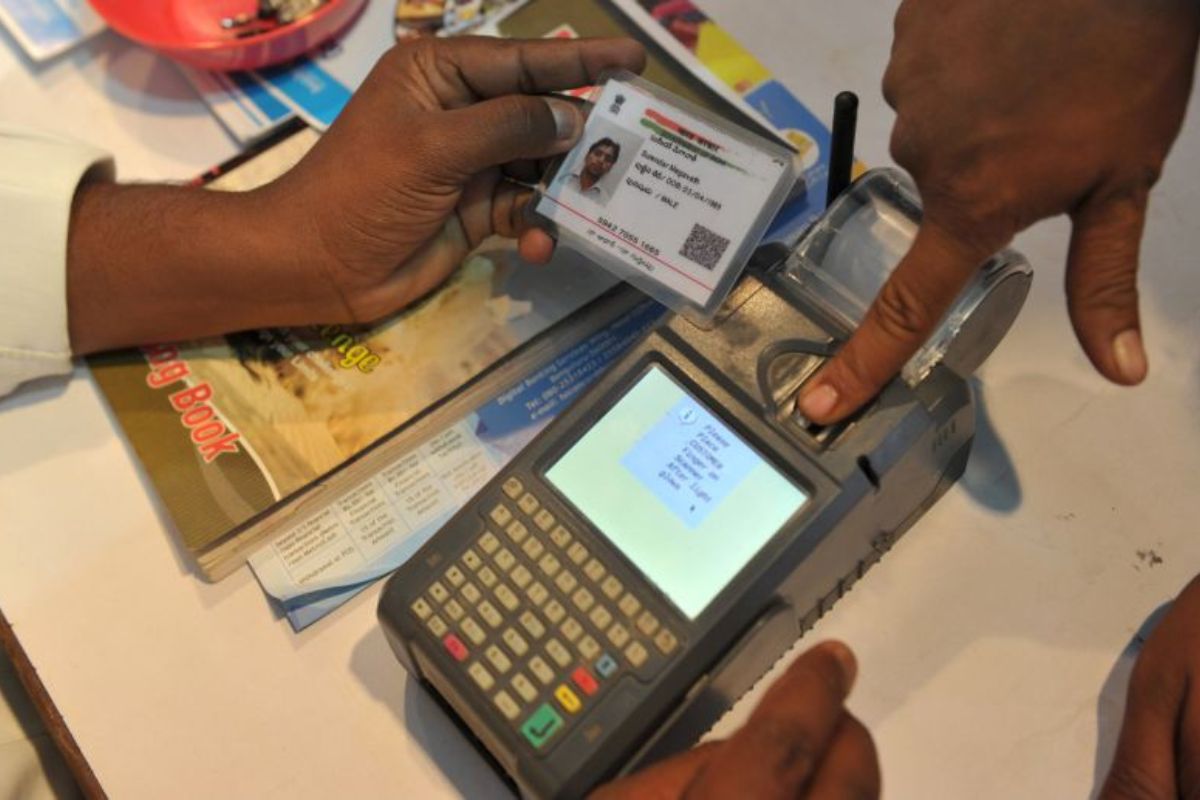Biometric identification will soon be made mandatory by telecom companies for issuing SIM cards to consumers as the new version of the Telecommunications Bill 2023 tabled in Lok Sabha on Monday includes the provision.
“Any authorised entity which provides such telecommunication services as may be notified by the Central Government, shall identify the person to whom it provides telecommunication services through use of any verifiable biometric-based identification as may be prescribed,” the proposed legislation said.
Advertisement
Notably, in the Bill tabled by Telecom Minister Ashwini Vaishnaw, over-the-top (OTT) services like e-commerce, online messaging, payments, etc. have been kept out of the definition of telecommunication services.
The Telecommunications Bill, 2023, aims at replacing the 138-year-old Indian Telegraph Act that governs the telecom sector and the Cabinet had cleared it in August.
The Bill also proposes to curb the power of the Telecom Regulatory Authority of India (Trai). It allows senior private sector corporate executives to be tapped for the role of Trai chairperson.
Further, it also allows hiring of non-government executives if such person has at least thirty years of professional experience and has served as a member of the board of directors or a chief executive of a company in certain areas.
Headquartered in New Delhi, the TRAI operates with a chairperson, up to two whole-time members, and up to two part-time members appointed by the central government.
It is to be noted that the chairperson and other members of the authority are appointed by Centre. The candidates need to posses special knowledge of, and professional experience in, telecommunication, industry, finance, accountancy, law, management or consumer affairs.
The Bill also proposed to ease some of the rules like refund of fees for licence, registration etc. in case a company surrenders its permit. It has also mandated that consumers’ prior consent shall be taken to send them advertising and promotional messages for goods, services and soliciting financial investments.
An authorised entity providing telecommunication services shall establish an online mechanism to enable users to register any grievance pertaining to the telecommunication service, and redressal of such grievances, the Bill said.
It has brought in multiple reforms in the telecom licensing and spectrum allocation regime, primarily to simplify operations in the burgeoning telecom sector.











